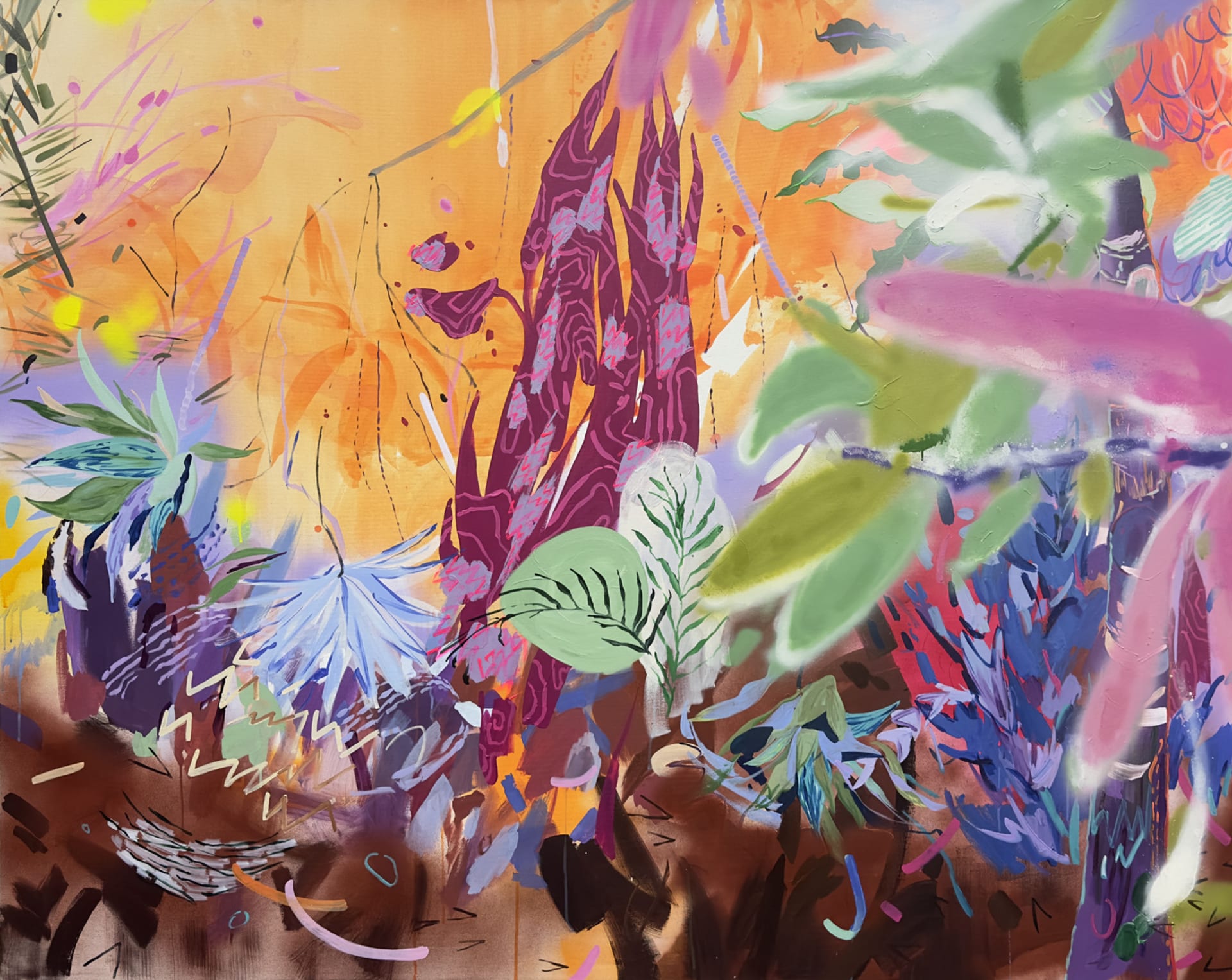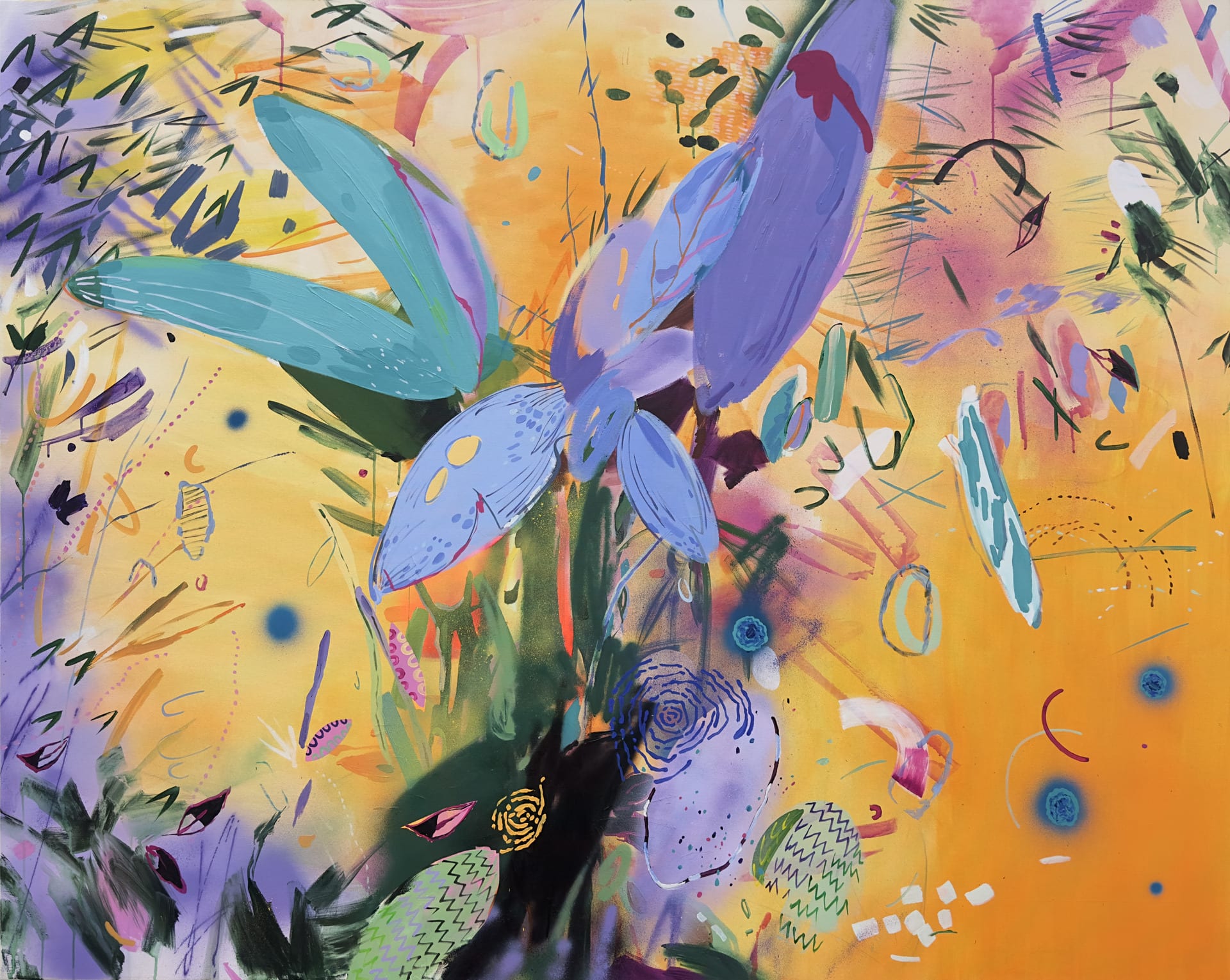Ruobing Xue(b.1995, China) is a visual artist in Beijing and London. She graduated from the Oil Painting Department of Tianjin Academy of Fine Arts in 2017, the Oil Painting Department of Tianjin Academy of Fine Arts with a master's degree in 2020, and the Royal College of Art with a master's degree in 2023. Ruobing's work focuses on visual art, conceptually highlighting the inconsistency between memory and historical perception and exploring themes of identity and social culture. Ruobing's creations have participated in several international exhibitions, and in 2020 she had a solo show: 1/4 Only a Little Bit I Could Express, at the National Art Museum of China in Beijing.
Ruobing Xue


My creations have always focused on natural scenes in real life. I take pictures of natural scenes in daily life, integrate my understanding and transformation of contemporary electronic information society in the form of expression, use electronic technology as a tool to process pictures in the creation and make secondary creations of accurate actual life pictured records. The intention is to process it into a more surreal highly saturated, distorted colour image and the other is to integrate their own conceptualisation and abstract expression of images in image processing.
The first layer is my thinking on transforming the current social culture of all human thought systems. In recent years the development of electronic technology has impacted various industries in society, the positioning and identity of human subjective initiative and creativity; The second layer is the identity of each person under the integration of electronic information, under the influence of different backgrounds and diverse cultural heritage. Therefore, in processing the image, I add other materials, thereby expressing different effects and hierarchical spaces.
The texture and traces left on the picture correspond to my thinking about identity. I use the subconscious to interpret and structurally remove some partial concrete expressions, and the superposition in the photo material and memory deviation generates more lines and different painting techniques, destroying the original figurative scene forming a scattered and cramped state. These manifestations kick back my impact on human beings immersed in electronic technology in contemporary society, and my process of digitising image information, in turn, is also my reflection and examination of this state of life.










